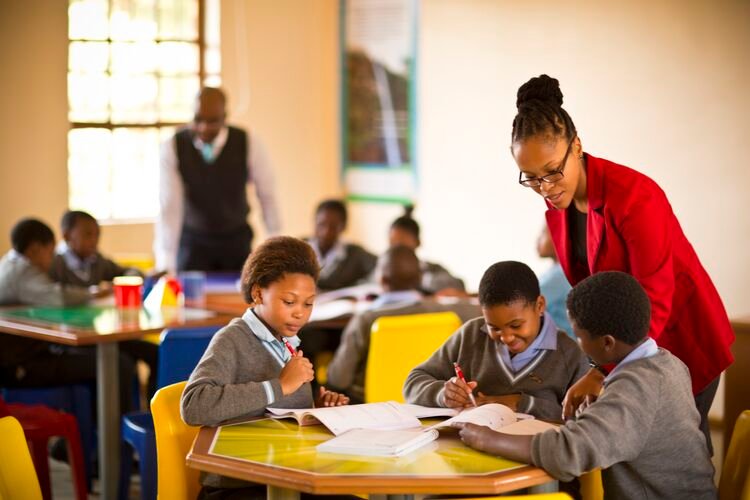- Community, Society
- No Comment
Zimbabwe allocating just 15% of its budget to education; way below SDG target

By Staff Reporter
ZIMBABWE is one of the African countries failing to allocate 20 per cent of their national budget to education, as recommended by the United Nations‘ (UN) Sustainable Development Goals (SDG) framework.
Ahead of Sunday’s ‘Day of the African Child’ commemoration, UNICEF released new education financing analyses which show most African countries are not meeting their commitments to allocate the 20 per cent of their national budget to education.
According to the analyses, nine out of 49 African countries dedicated 20 per cent or more of their public spending to education, whilst 24 committed at least 15 per cent, and six countries directed less than 10 per cent.
For Zimbabwe, UNICEF noted that public funding for education has increased in recent years.
However, “further increase is needed, as the country is investing only 15 per cent of its public expenditure on education”.
“Zimbabwe needs to raise its investment in education to the globally agreed target of 20 per cent to achieve the Sustainable Development Goal on universal, inclusive and equitable basic education for all school-age children by 2030 and to ensure access to education for all Zimbabwean children, including the poorest children and the children living with disabilities” said Dr Nicholas Alipui, UNICEF Representative ai in Zimbabwe.

“UNICEF stands ready to support the Government of Zimbabwe to fully execute the budget available for education.”
While education is critical for building human capital on the continent, “financing remains a major issue across Africa, leaving millions of children unable to acquire the foundational skills needed for them and their countries to thrive in the future.
“Despite considerable progress made by African Governments in boosting primary and lower secondary enrolment over the past decade, schools are underfunded and under-resourced, classrooms overcrowded and there are insufficient teachers, many without adequate training and competencies,” the UNICEF statement added.
The need for investment will only escalate to meet the requirements of a fast-growing, school-aged population, as it is estimated that the continent will be home to 1 billion children by 2050, the UN agency warned.
“Children have the right to quality education, but education systems are failing far too many of them,” says Etleva Kadilli, UNICEF Regional Director for Eastern and Southern Africa.
“To ensure prosperity in Africa we urgently need to see a continental revolution where commitments are turned into concrete action so children can attain the vital foundational skills necessary for them to progress to higher forms of education and realize their full potential.”
The Day of the African Child commemorates the Soweto Uprising in 1976 when students protested against education injustice and inequality in the apartheid regime. Initiated by the Organisation of African Unity (now African Union) it is celebrated on June 16 every year since 1991.
